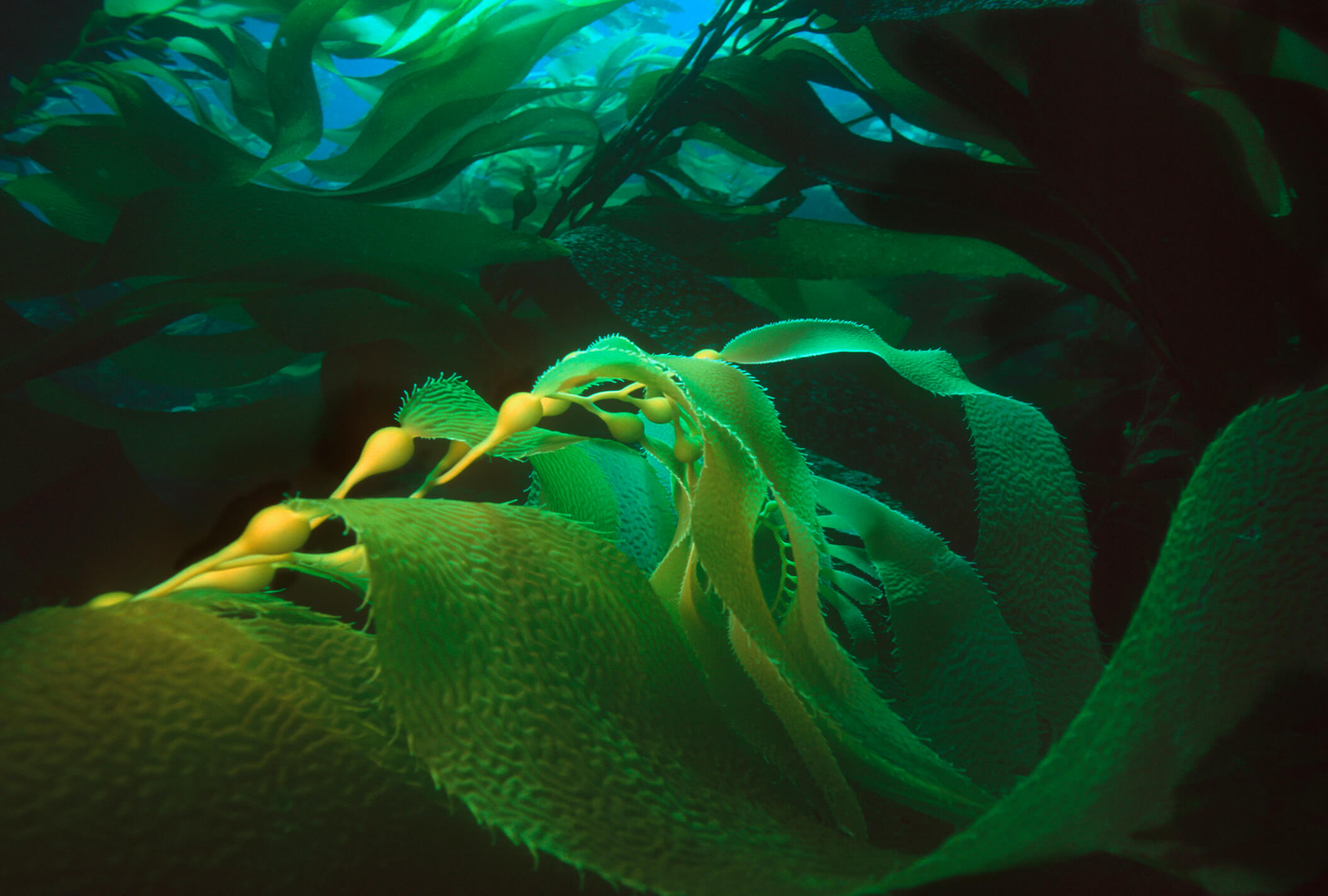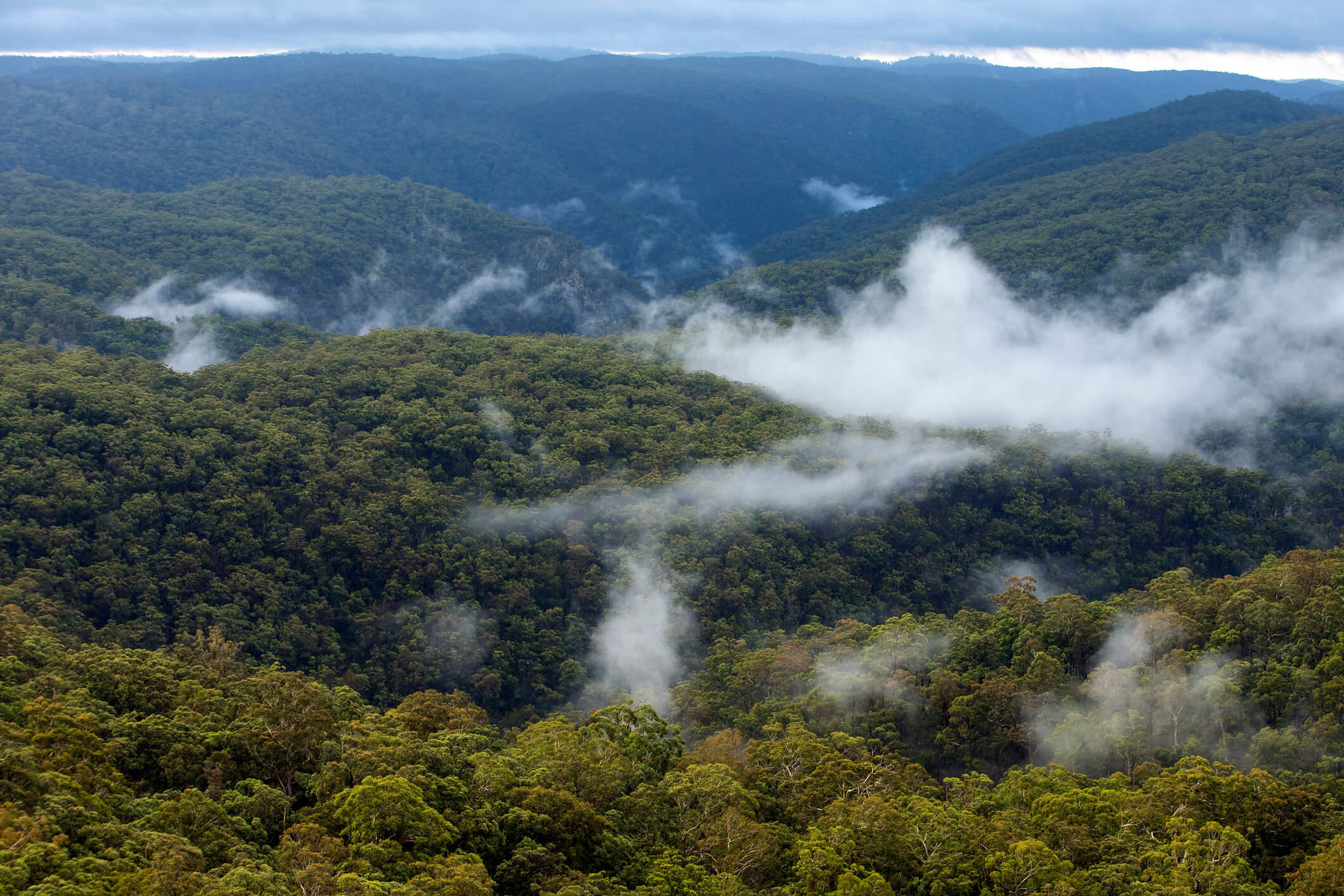Case Study: Cornish Seaweed Company
Creating an innovative approach to seaweed cultivation with the Cornish Seaweed Company

Seaweed Generation, a micro-business with its roots in the Southwest, intends to harness seaweed as a carbon dioxide removal mechanism in the Caribbean.
They intend to reduce atmospheric CO2 levels by sinking invasive seaweed into the deep ocean – locking carbon away for years. However, difficulties are faced while monitoring the impact of these actions in the deep sea.
By working with the University of Exeter’s researchers Dr Matt Whitt, Dr Ceri Lewis, and the AKT Associates, Dr Jo Warwick and Steph Andrews, Seaweed Generation made significant steps to improve monitoring systems.
The project ran as part of Innovate UK’s Accelerated Knowledge Transfer (AKT) pilot scheme, which started in 2022. This mutually beneficial partnership developed a robust tracking and verification plan for their operations in the Caribbean.
To achieve this, the team set out to identify the environmental parameters to be monitored and the necessary technologies and infrastructures for doing so.
The monitoring plan identified the important parameters which needed to be considered in the surface, midwater, and sea-floor environments. This allowed the team to reliably assess the costs, equipment, and impact of sinking seaweed on the deep seabed in trials in their Antiguan sinking sites.
“This was the perfect project for us: short, sharp, intense, and focused on solving an immediate problem. The partnership with the University of Exeter was fantastic; to get access to such multi- and inter-disciplinary expertise all in one place and so easily was incredibly powerful.”
Professor Mike Allen, Chief Science Officer, Seaweed Generation
By establishing robust and reliable ways to monitor and record new data, they can measure the impacts of their actions on the environment, assess and respond accordingly. In conclusion, Seaweed Generation and Exeter University have combined their expertise to curate a guide for a process which will contribute to our global fight against rising levels of CO2 and climate change.
Take Action today
Contact us
Exeter Innovation
We are the trusted partner in transformative innovation, empowering organisations across the globe to make ecologically responsible decisions – for today and for future generations.



